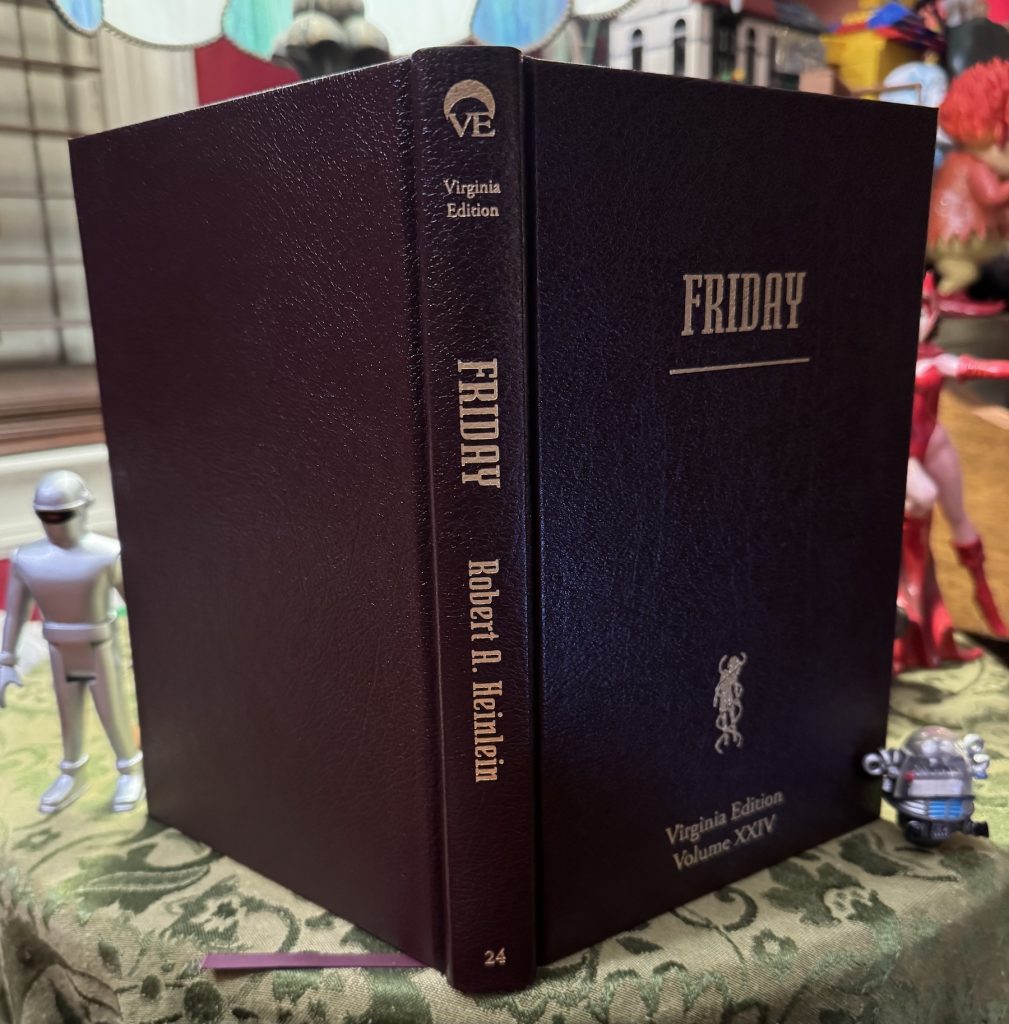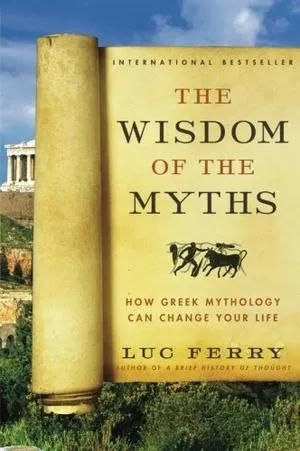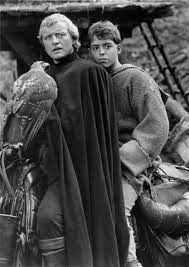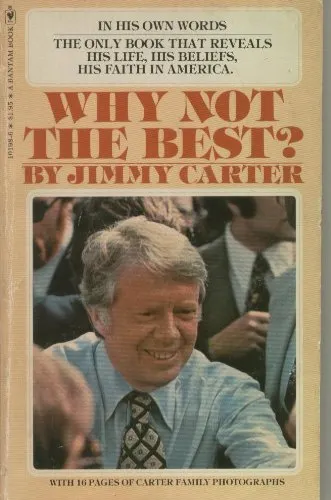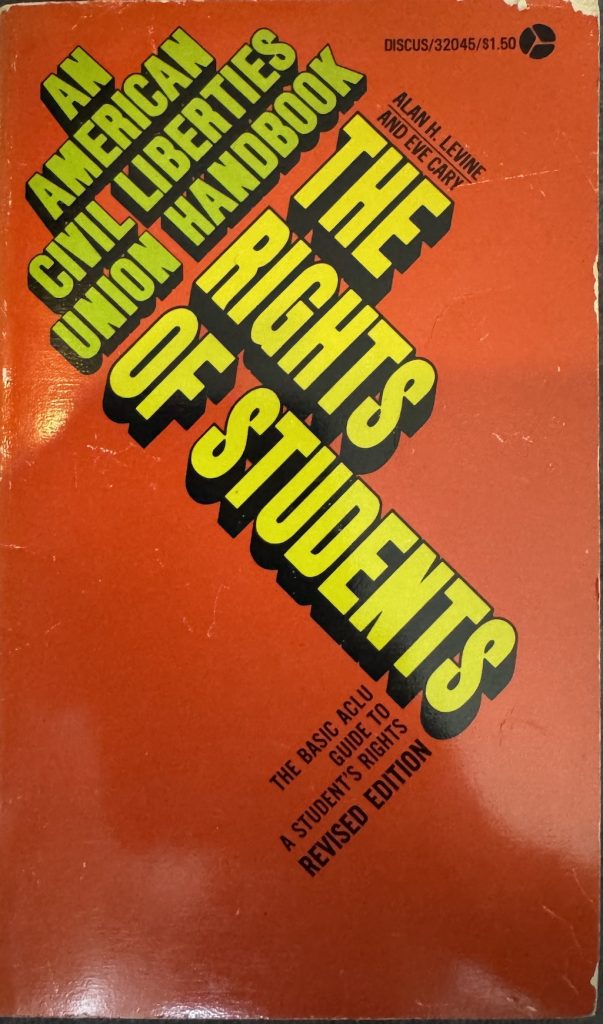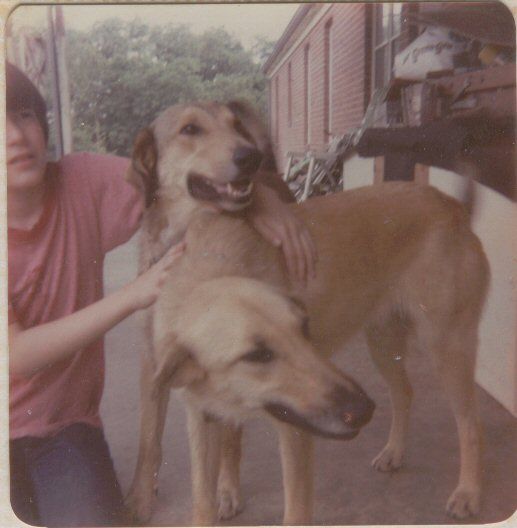This weekend is Farpoint, my annual Star Trek and science fiction convention, which is why the blog is two days late. The last-minute planning for a three-day event tends to eat up all the days in the week before. Especially when you just closed a show the weekend going into that week. If you missed it, I just performed The Seagull with the Rude Mechanicals. So I’m the emcee for Farpoint’s opening ceremonies. I don’t always give an actual speech, but, given the tenor of the times, I wanted to say a few things to my local S.F. community. I had actually planned to use them as the basis of this week’s blog, and that decision was reinforced when more than one audience member asked me to do just that. So here is my opening address to Farpoint 2025.

I started this con when I was 27.
I didn’t start it alone, but I was the one that year who jumped up and said, “Hey kids, let’s put on a con!
People thought I was too young and reckless and feral to run a con, but, here it is and here we are, and This year I turn 60.
It’s been a long and eventful journey for me, for Farpoint, and for Baltimore fandom. We’ve gained new friends and we’ve lost dear old ones. We’ve seen new incarnations of the thing that brought us together originally, which was the three-season 1966 series Star Trek.
Continue reading
